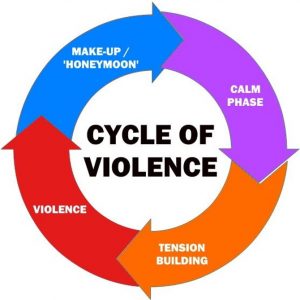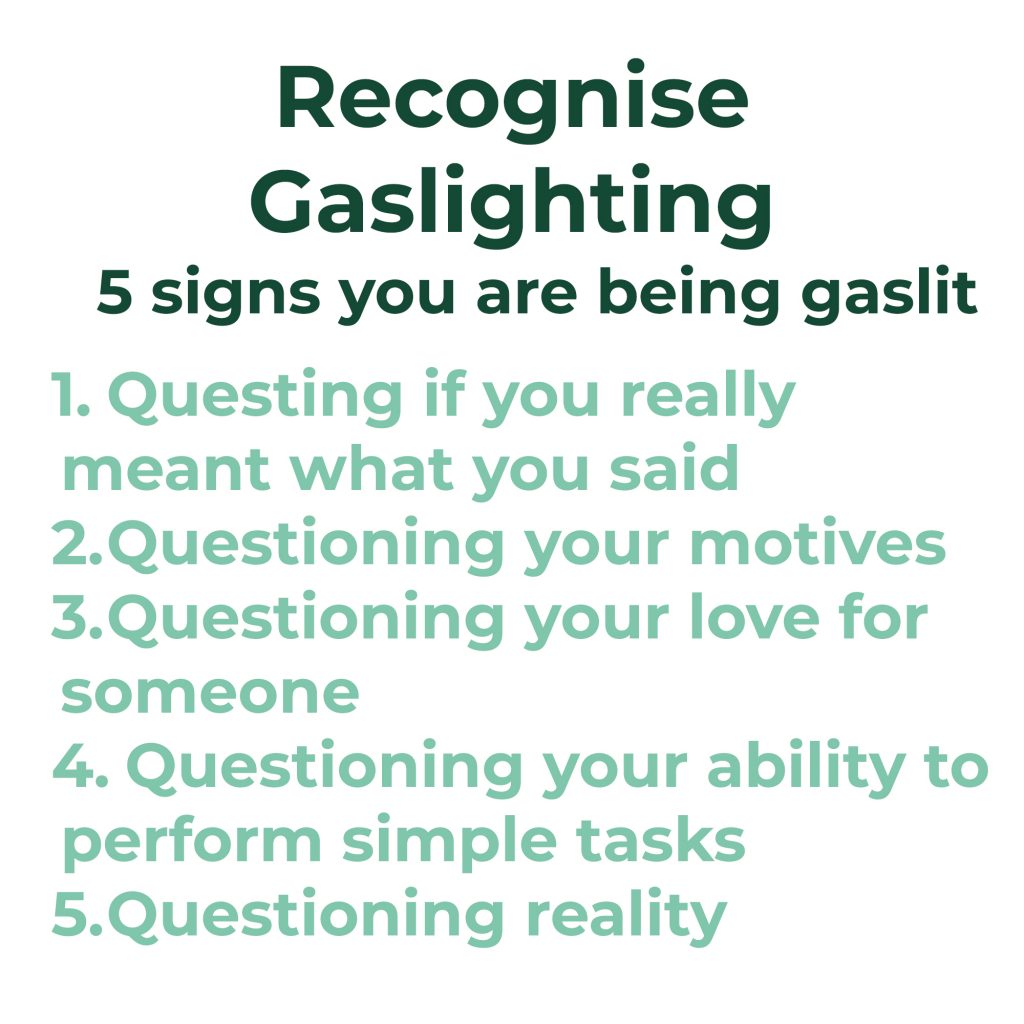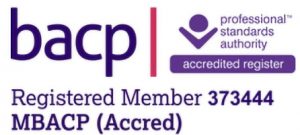Mental Health
Gaslighting in Domestic Violence: Recognising and Overcoming

Gaslighting is a widely used form of psychological manipulation that can have devastating effects, particularly in the context of domestic violence.
As a counsellor in the UK, I’ve seen firsthand the profound impact gaslighting can have on individuals, often leaving them feeling confused, isolated, and powerless.
In this blog post, we’ll explore what gaslighting entails, how it presents in domestic violence situations, and most importantly, how survivors can recognise and overcome this form of abuse.
What is Gaslighting?
Gaslighting is a form of emotional abuse in which the abuser seeks to undermine the victim’s sense of reality, making them doubt their perceptions, memories, and sanity.
The term originates from the 1938 play “Gas Light”, in which a husband manipulates his wife into believing she is going insane by dimming the gas lighting in their home.
Gaslighting in Domestic Violence

In the context of domestic violence, gaslighting is often used by the perpetrator as a means of gaining control and power over their partner.
It can take various forms, including:
- Denying Reality: The abuser may outright deny events that occurred, dismissing the victim’s experiences as imagined or exaggerated.
- Minimising Concerns: They might downplay the severity of abusive behaviour, making excuses or shifting blame onto the victim.
- Twisting Facts: The perpetrator may distort facts and manipulate information to confuse and disorient the victim, leaving them unsure of what to believe.
- Isolating the Victim: Gaslighting often involves isolating the victim from friends, family, and sources of support, further reinforcing their dependence on the abuser.
Recognising Gaslighting
Recognising gaslighting can be challenging, especially for those caught in its grip. However, there are some common signs to watch out for:
- Constant Doubt: Feeling unsure about your own memory, perceptions, or judgement.
- Second-Guessing: Finding yourself constantly questioning whether you’re overreacting or being too sensitive.
- Feeling Confused: Experiencing a sense of confusion or disorientation in your relationship.
- Isolation: Noticing that you’re becoming increasingly isolated from friends, family, and support networks.

Overcoming Gaslighting
Overcoming gaslighting requires courage, support, and a commitment to reclaiming your sense of self.
Here are some steps survivors can take:
- Educate Yourself: Learn about gaslighting and its tactics to better recognise when it’s happening to you.
- Trust Your Instincts: Trust your instincts and feelings. If something doesn’t feel right, it probably isn’t.
- Seek Support: Reach out to trusted friends, family members, or professionals who can provide validation and support.
- Set Boundaries: Establish clear boundaries with the abuser and assertively communicate your needs and limits.
- Focus on Self-Care: Prioritise self-care activities that nurture your mental, emotional, and physical well-being.
- Consider Counselling: Therapy can be instrumental in helping survivors process their experiences, rebuild self-esteem, and develop coping strategies.
Gaslighting is a harmful form of manipulation that can have profound and long-lasting effects on survivors of domestic violence.
By understanding how gaslighting presents, recognising the signs, and seeking support, survivors can begin to reclaim their sense of reality, autonomy, and dignity.
As counsellors, it’s crucial that we provide a safe and validating space for survivors to heal and empower themselves on their journey towards recovery.
Remember, you are not alone, and there is hope and support available to help you break free from the cycle of gaslighting and abuse.
If you are in immediate danger call 999.
For support or further information contact Women’s Aid:



